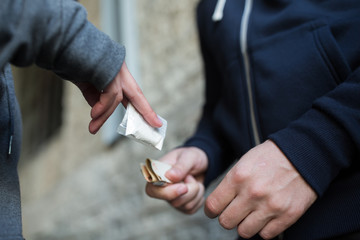The United State Supreme Court Justices – average age is 68 – just schooled everyone about the quantity of data stored on your cell phone. In Riley vs. California, the Supreme Court ruled that the police need a warrant before searching the data inside a smart phone because the data would contain vast archives of private information. The Court said that the actual term “cell phone” is now misleading since these devices are “minicomputers that also happen to have the capacity to be used as a telephone.”
Think about the data that is logged into your smart phone. Your cellphone’s data will date back to the purchase of the phone, or even earlier. The Court said that “[a] person might carry in his pocket a slip of paper reminding him to call Mr. Jones; he would not carry a record of all his communications with Mr. Jones for the past several months, as would be routinely kept on a phone.”
According to one poll cited by the Court, nearly three-quarters of smartphone users report being within five feet of their phones most of the time, with 12% admitting that they even use their phones in the shower. The entire time that phone is recording data and storing information about you.
The Court stressed that, because of the vast quantity of data, ‘[t]he sum of an individual’s private life can be reconstructed through a thousand photographs labeled with dates, locations, and descriptions; the same cannot be said of a photograph or two of loved ones tucked into a wallet.”
For example, your cellphone may show an “internet search and browsing history” that could “reveal an individual’s private interests or concerns — perhaps a search for certain symptoms of disease, coupled with frequent visits to WebMD.”
Your cellphone can allow someone to “reconstruct” your “specific movements down to the minute, not only around town but also within a particular building.”
Your cellphone has a range of apps that may reveal your political leanings, your “alcohol, drug and gambling addictions,” your “prayer requests,” whether or not you are pregnant or hope to be pregnant, your sexual orientation, if you are seeking a romantic partner.
The phone is no longer a collection of phone numbers. The smart phone data has become a portable “cache of sensitive personal information.” Because of this private information in your pocket, Chief Justice Roberts wrote the final sentence of the decision to leave no doubt about the instructions from the Supreme Court: “Our answer to the question of what police must do before searching a cellphone seized incident to an arrest is accordingly simple—get a warrant.“

